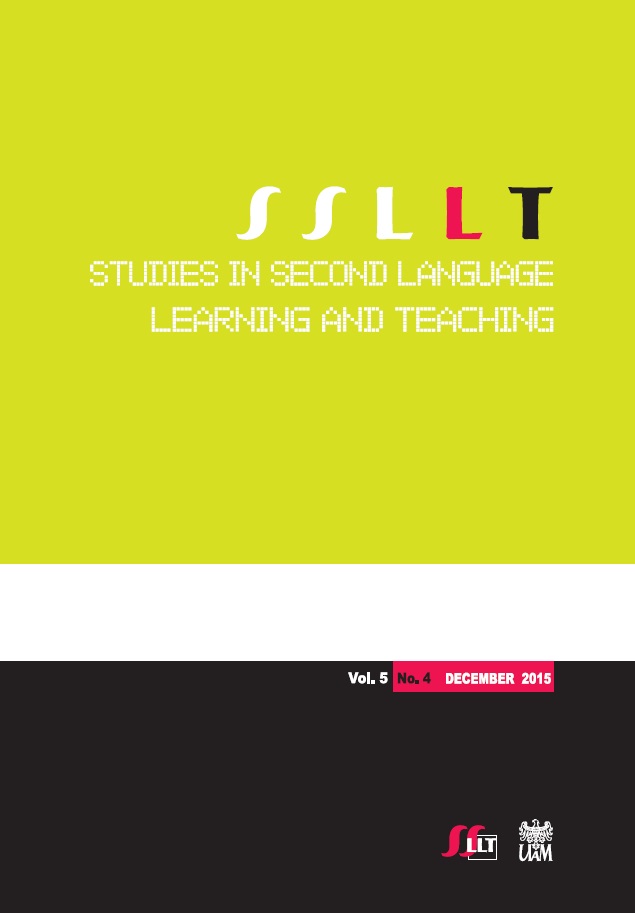Second language pragmatic ability: Individual differences according to environment
Second language pragmatic ability: Individual differences according to environment
Author(s): Lauren Wyner, Andrew D. CohenSubject(s): Language and Literature Studies
Published by: Wojskowe Biuro Historyczne im. gen. broni Kazimierza Sosnkowskiego
Keywords: L2 vs. FL pragmatics; pragmalinguistics; sociopragmatics; pragmatic transfer; motivation; DCT
Summary/Abstract: The aims of this paper are to review research literature on the role that the second language (L2) and foreign language (FL) environments actually play in the development of learners’ target language (TL) pragmatic ability, and also to speculate as to the extent to which individual factors can offset the advantages that learners may have by being in the L2 context while they are learning. The paper starts by defining pragmatics and by problematizing this definition. Then,attention is given to research literature dealing with the learning of pragmatics in an L2 context compared to an FL context. Next, studies on the role of pragmatic transfer are considered, with subsequent attention given to the literature on the incidence of pragmatic transfer in FL as opposed to L2 contexts. Finally,selected studies on the role of motivation in the development of pragmatic ability are examined. In the discussion section, a number of pedagogical suggestions are offered: the inclusion of pragmatics in teacher development, the use of authentic pragmatics materials, motivating learners to be more savvy about pragmatics, and supporting learners in accepting or challenging native-speaker norms. Suggestions as to further research in the field are also offered.
Journal: Studies in Second Language Learning and Teaching
- Issue Year: V/2015
- Issue No: 4
- Page Range: 519-556
- Page Count: 38
- Language: English

